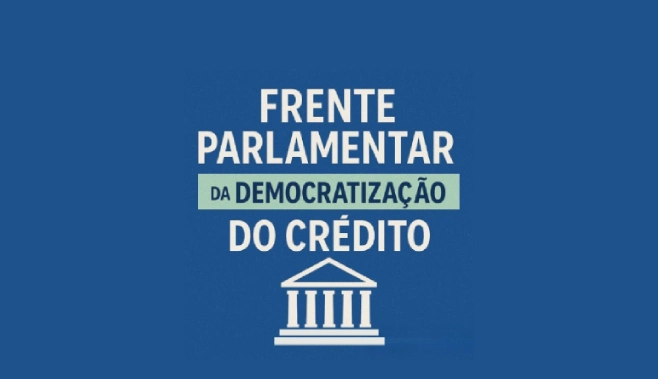In the last post, I talked about the importance of Financial Citizenship for society to access well-being in democratic systems.
Returning to the topic, the first step towards achieving this goal is financial inclusion and the Positive Registry. The government must act to include citizens by providing information to the market. In doing so, it enables the financial system to assess what products and services can be offered.
The Positive Registry designed by the Central Bank and the Ministry of Finance is the most efficient and democratic mechanism for financial inclusion. The new model to be adopted by the government is opt-out, i.e. everyone joins the Register and can choose to leave. For Richard Thaler, who won the Nobel Prize in Economics last year, this model should be used when people have to make difficult and rare decisions, for which they don't receive immediate feedback.
The second step is to offer products and services to cover all social classes. Government banks are taking part in this initiative by offering various products, mainly savings, pensions and credit. They also offer insurance and capitalization bonds. In order to achieve the necessary capillarity to serve society, the government can also encourage financial agents to make these offers available.
The third step is to stimulate knowledge in society so that it is able to choose the best financial services and products available, thus gaining access to well-being through these economic resources. The government participates in this phase by providing financial education. There are several strategies that make this goal successful. These include including financial education subjects in the school curriculum, signing agreements with private entities to educate the adult population, encouraging NGOs dedicated to financial guidance, using consumer protection agencies and the participation of OSCIP (Civil Society Organization of Public Interest) entities.
Two notable initiatives of the Brazilian government are the National Strategy for Financial Education (ENEF), which was established by presidential decree in December 2010, and the National Committee for Financial Education (Conef), whose role is to define plans and programs, as well as coordinating the implementation of ENEF. The Central Bank is part of Conef, as are 12 other bodies representing society and the government.
Through ENEFAs a result, financial education has become a state policy. Like any state policy, it has a permanent character and programmatic content, i.e. a series of duly planned initiatives aimed at short-, medium- and long-term objectives.
ENEF activities are free and can be offered by public or private institutions. The public interest must guide each activity, which must not be commercial in nature. The Financial Education in Schools Program is one of ENEF's actions. It is coordinated by AEF-Brasil, one of ANBC's partners, and aims to contribute to the development of a culture of planning, prevention, savings, investment, conscious consumption and responsible credit. There is also a pedagogical project and a set of books that enable teacher-student interaction in primary and secondary schools.
Thanks for reading! Access other content at ANBC website.
By: Elias Sfeir President of ANBC & Member of the Climate Council of the City of São Paulo & Certified Advisor




